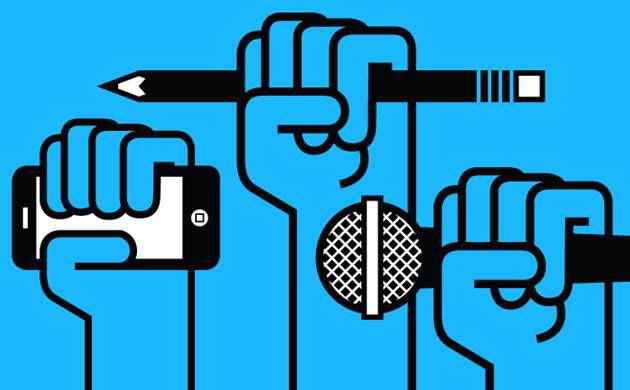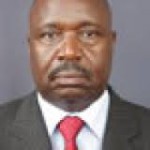As the world marks World Press Freedom Day, a new report indicates that seven out of 10 Ugandans express strong support for media freedom, with six out of 10 (64 percent) of the interviewees saying the media should have the right to publish any views and ideas without government control.
According to the report, 72 percent of the 1980 respondents interviewed think that the news media should investigate and report on government mistakes and corruption, while 68 percent think that radio and television stations should be free to produce their own news programmes.
The findings, based on data collected from across Uganda in November 2017, were released recently by Twaweza, a local not- for -profit organisation in a research brief titled ‘Frankly Speaking: Ugandans’ opinions and experiences of information and the media’. The brief is based on data from Sauti za Wananchi, Africa’s first nationally representative high-frequency mobile phone survey.
Additionally, citizens have an active culture of seeking information, at least from some government institutions. In the past three months, the majority of citizens have sought information from public health facilities (87 percent), public schools (79 percent), and village or Local Council I offices (62 percent).
According to the report, a significant minority also demand information from water suppliers (31 percent), government offices (27 percent) and political parties (23 percent). However, the report says that most of these requests are for information about services, rather than more sensitive information about staffing, budgets and other resources.
Furthermore, most Ugandans believe in their right to government information, while 71 percent say it should only be restricted for national security reasons. Ugandans also have faith in government institutions’ responsiveness.
Fifty percent of the respondents believe that if they ask they would get information on district development plans while 41 percent said they would get information budgets from their local authority. 50 percent of the respondents said that if they asked, they would get information on how much capitation grant their school had received.
And although citizens support media freedom and seek government information, they have very low levels of trust in all sources of information – from the media or that provided by government officials and leaders. No information source is trusted completely by the majority of Ugandans, be it their Local Council I Chairpersons (45 percent), the President (34 percent), or MPs from the ruling party (26 percent) or the opposition (22 percent), to radio (48 percent), public meetings (39 percent), people they know well (34 percent) and social media (12 percent).
Furthermore, almost all citizens are unaware of laws that govern their information and communication rights including the Uganda Communications Act (2013) (3 percent), the Computer Misuse Act (3 percent) and the Access to Information Act (2005) and its regulations (1 percent).
Similarly, few citizens are aware of government platforms to proactively provide information to citizens and to seek their feedback including their experiences and opinions. Very few have ever heard of Barazas or community-based forums (6 percent), the budget information website (4 percent) or the Ask Your Government platform (3 percent). Nonetheless 1 out of 50 citizens (3 percent) say they have participated in the local forums (Barazas).
Marie Nanyanzi, Sauti za Wananchi Officer at Twaweza, said: “On the positive side there is a fairly active culture of citizens seeking information from government offices and institutions, and of government responding to those requests.
Citizens also support free expression for the media and themselves and see healthy debate and different opinions as constructive, providing support for government. On the other hand, citizens express low trust for all information they might receive publicly, are not confident of their own personal freedom to criticize and are less likely to seek sensitive information around resources.”
Dr Mary Goretti Nakabugo, the Country Lead in Uganda for Twaweza, said: “Citizens’ opinions on access to information and free expression present a challenging outlook for citizen agency. With low levels of trust and the feeling that they are not free to express themselves fully, citizens cannot be expected to participate actively in government processes and projects.
However there is some cause for optimism in terms of Barazas where millions have been reached by this government feedback and sharing platform. And similarly, the prevalence of identification documents means that citizens are ‘visible’ in the system. Documenting citizens is a first and critical step in ensuring their participation and in delivering better services.”








